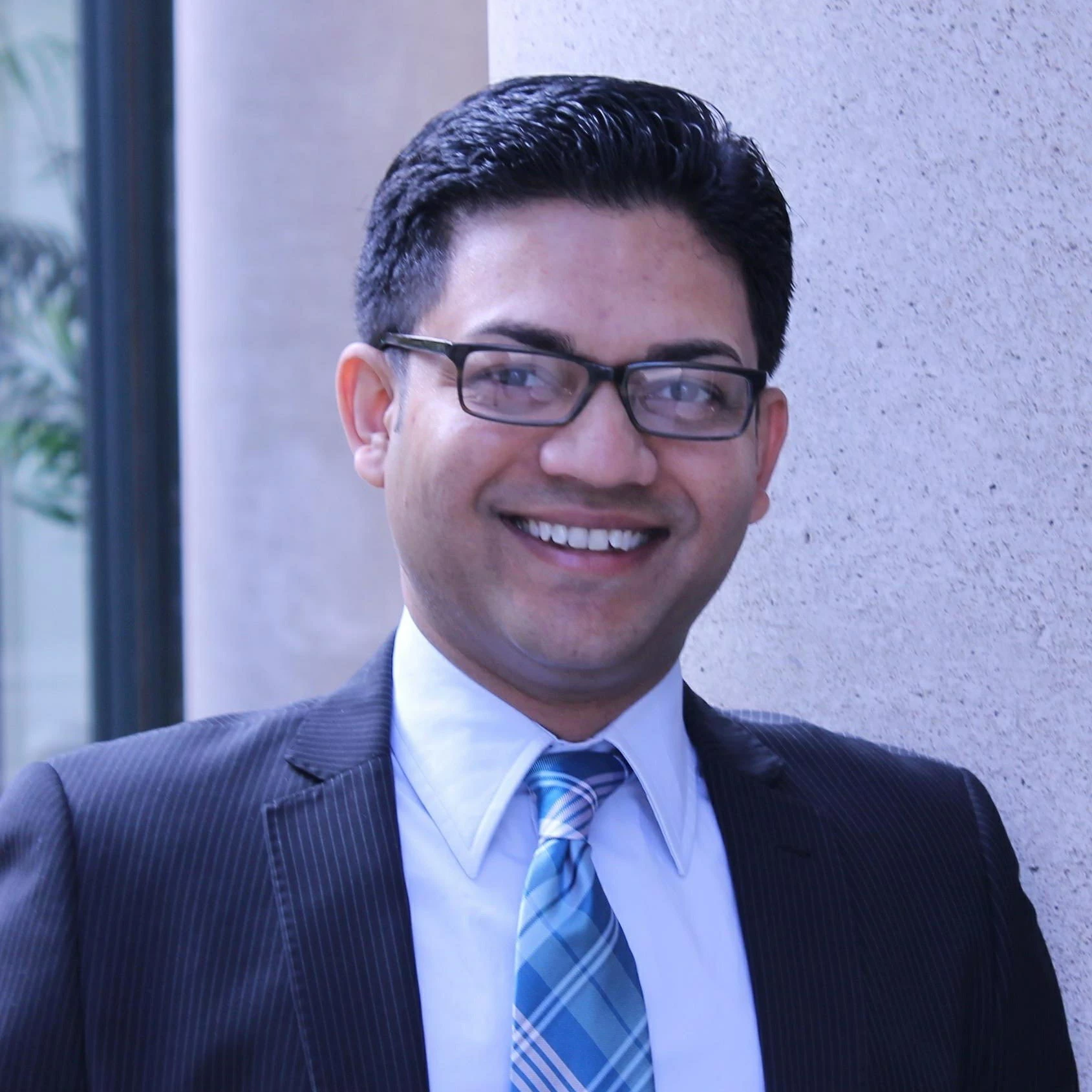 Boko Haram has damaged and destroyed several schools in Northeast Nigeria.
Boko Haram has damaged and destroyed several schools in Northeast Nigeria.
In Hausa, a language spoken in Northern Nigeria, the words Boko Haram mean “(Western) education is forbidden." Boko Haram is also the name of one of the deadliest terrorist groups in Western Africa. Since 2009, Boko Haram has been in conflict with the Nigerian government, affecting nearly 15 million people. So, what has been the impact of Boko Haram on education in Nigeria, particularly in the northern region? The quick answer is: quite significant.
True to its name, Boko Haram has targeted the Nigerian education system, assaulting schools, students, and teachers in Northeast Nigeria and disrupting access to education and social services, especially for young people. Teachers have been threatened, and in some cases, killed. Schools have been damaged and destroyed, and often transformed into shelters for internally displaced people (IDP). Schools that remain in operation across Borno, Adamawa and Yobe states are overcrowded and unable to meet the needs of the host population and the IDP.
Our paper, part of a broader research agenda on conflicts, poverty and land degradation, is a first attempt to measure the impact of Boko Haram’s insurgency on human capital in the Nigeria’s North Eastern region. Our results indicate that for each 10 additional fatalities in a 5-km radius from a child's village during the previous academic year, the child’s enrollment probability is reduced by one percentage point. This translates into a 2% reduction (from 68% to 66%) in average school enrollment, in an area that is already characterized by very low levels of human capital.
It is worth noting that since our method estimates the impact of violence on the same child over time, our results are not due to some unobservable and time-invariant individual characteristic such as child’s ability or parental preferences for education. The negative impact on school enrollment increases for children who are more than 15 years of age, the mandatory school age. This effect is probably explained by the fact that, for these children, who are above the mandatory school age, schooling is no longer free and compulsory, making it expensive for them to continue their education.
We obtained two other very important results. The conflict appears to be gender-blind since male and female children result to be equally affected and, contrary to expectations, Muslims seem to be slightly more affected than Christians.
When we use conflict events instead of fatalities to measure the impact on education, we find that one additional conflict event in a 5-km radius from the child's village during the previous academic year reduces the child’s probability of school enrolment by 2 percentage points. This translates into a 4% reduction (from 68% to 64%) in average school enrollment. The effect of a conflict event becomes even larger – 3 percentage points for each additional conflict event – when it is perpetrated by Boko Haram and the target is a school.
There are different possible channels through which Boko Haram affected school enrolment. One is the reduction in household income which might have induced households to withdraw children from school to start working or to join self-protection militias/vigilantes’ groups. The other is the reduction in number of available schools and teachers, especially in secondary school. These two mechanisms would be consistent with the larger negative estimated effect we found for students older than 15, who are in working age and are more likely to be in secondary school. Future research will test the empirical validity of these channels as explanations of the reduction in school enrollment and will complete the analysis of the effect of Boko Haram on the education system by looking at school attendance.




Join the Conversation